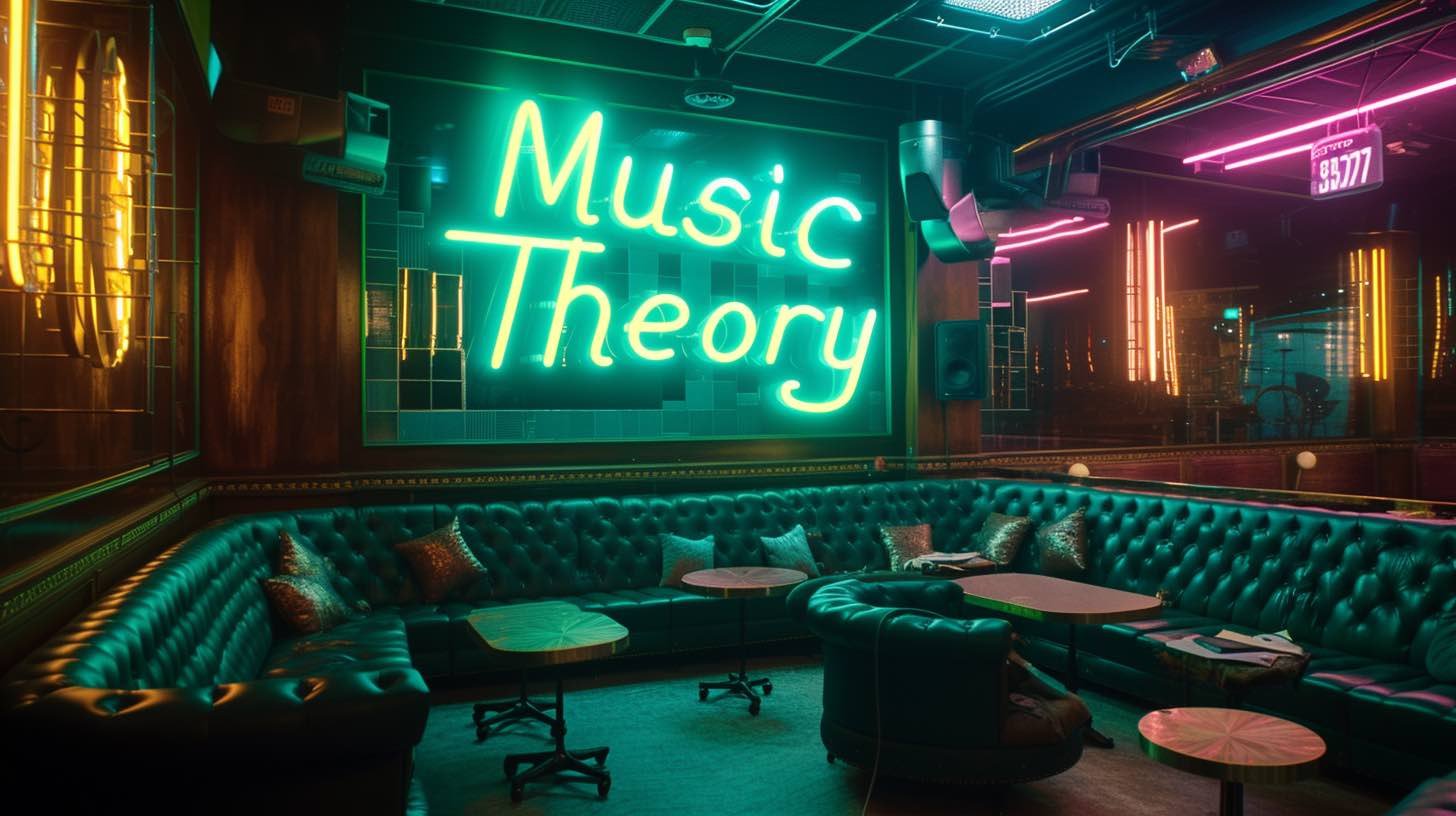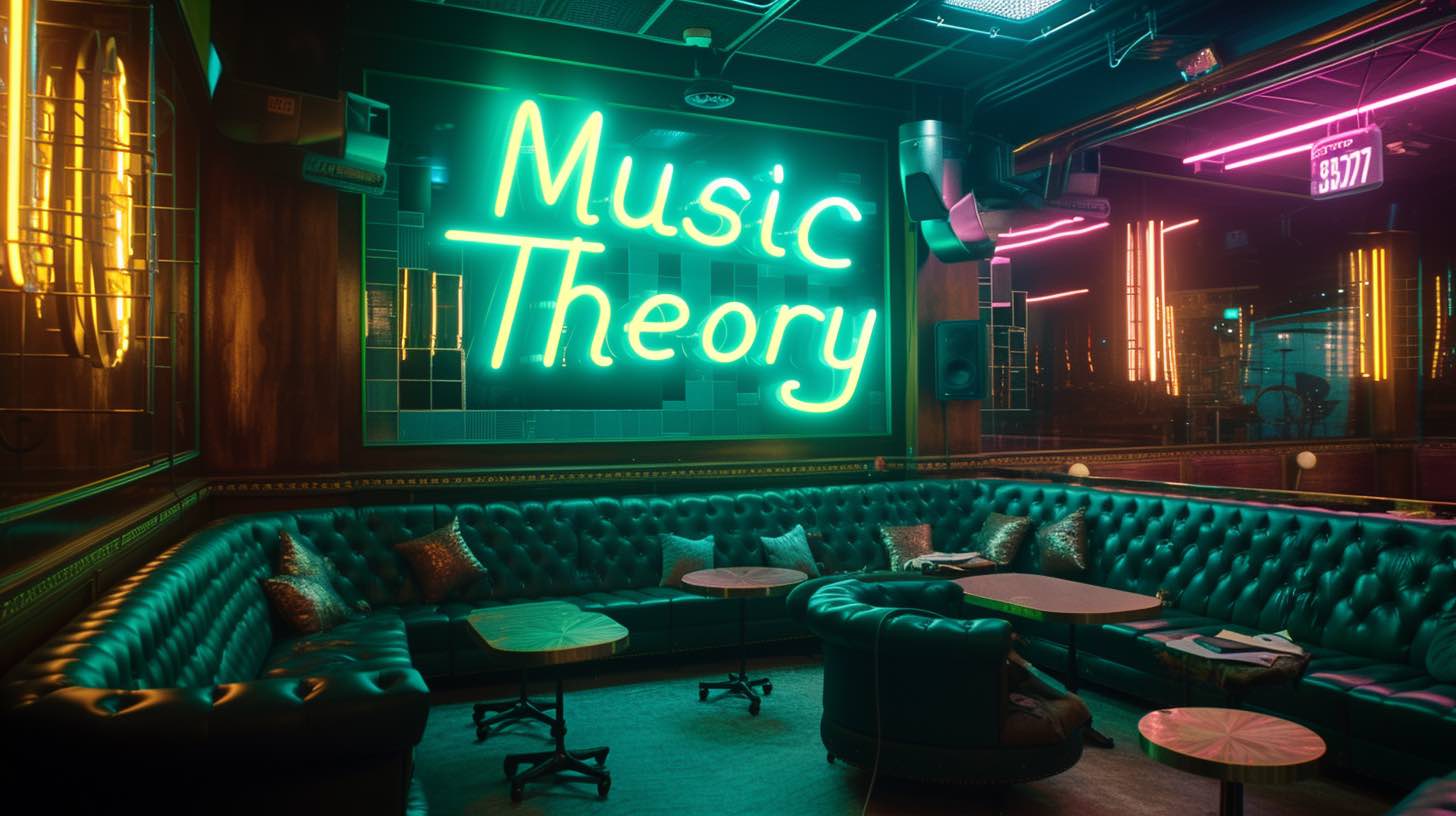At the Miller School of Music in Rochester, NY, you can learn about the integral role of theory classes in your comprehensive music education journey.
Broad Music Instruction and Education
Miller School of Music offers private guitar and bass instruction in styles ranging from jazz, funk, blues, rock, heavy metal, classical, R&B, electronic, hip hop, to reggae, and more. All levels from beginners to advanced are welcome. Students here learn technique, sight-reading, theory, rhythmic studies, chord studies, ear training, and improvisation. These lessons also teach you how to play songs of your preference. You can even learn how to use music-recording software and how to write and record music for your band or solo project.

Music theory classes cover everything from basic rock harmony to advanced jazz concepts. This comprehensive education design ensures you get to explore and strengthen your unique musical style. Discover more about Miller School's approach to guitar and bass instruction and learn about their diverse music styles.
Introduction to the World of Music Theory
Many people quit their journey with instruments a few weeks after they pick it up, largely due to its overwhelming nature or the fear of music theory. However, with the right guidance and instruction, anyone can learn music in a fun and exciting way, mileage may vary with the instrument of choice. Any confusion or insecurity related to music theory does not need to derail your musical journey. The instructors at Miller School are here to help you through this process.
Why is Music Theory Essential?
At first glance, music theory may seem redundant, boring, and almost mathematical. So, why does it even exist? The simplest way to understand the connection between theory and music is by comparing it to language and speech. You can mimic words or sentences from a foreign language, but to express them accurately and communicate effectively, you need to understand the meaning behind those words.
Similarly, playing an instrument without understanding how each note works is akin to a well-memorized, mimicked practice. Music theory gives you a deeper understanding of your performance, elevating its overall tone and delivery.
Can Music Theory Make You a Better Musician?
Music theory may kick in once you've mastered the basics of playing your instrument. It can be pivotal in making sense of the music you’re playing. The decision to study music theory significantly comes down to your long-term goals. While it's not absolutely necessary to understand music theory if you just want to play a few of your favorite songs for fun. But, if your aspiration is to play like a pro and compose your music, knowing music theory can change your entire experience with an instrument.
Mastering Versatility with Music Theory
If you're in a band or frequently jam with other musicians, knowing music theory can upgrade your competence. By understanding chords and progressions, you can effortlessly respond to different instruments' playstyles and incorporate them into your performance.
Whether you play the guitar, bass, or any other instrument, these music theory classes at the Miller School of Music will guide your path to deepening your understanding of music, making you not merely a musician but an artist who feels and communicates through music. Don't miss out on the opportunity to explore ensemble opportunities, be a part of youth enrichment programs, and learn more about the benefits of music education for all ages.




